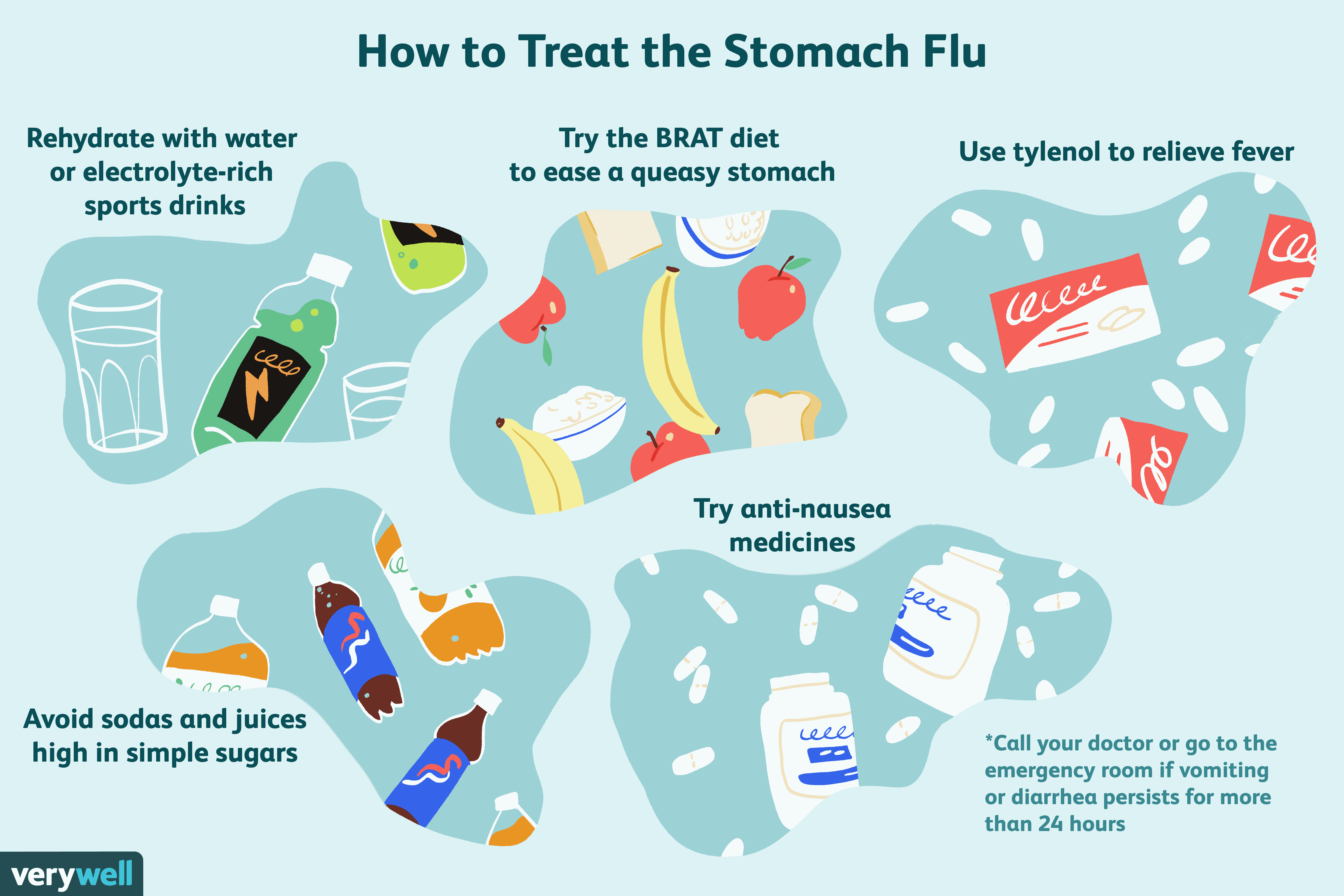Stomach flu is a common cold-like illness that can be very difficult to diagnose. With an estimated 100 million cases each year in the United States alone, stomach flu can be a big problem for those suffering from it. It’s also called “viral gastroenteritis,” or just “stomach bug,” although there are other bugs that cause similar symptoms.
When people say that you have “the stomach flu,” what they’re really saying is that your digestive system has been invaded by one of these viruses. The symptoms may resemble those of other illnesses that affect the gastrointestinal tract (GI), such as gastritis or ulcers, but the truth is that most of the time, stomach flu will not lead to any long-term damage.
Here are some signs and symptoms to watch out for when you suspect you might have stomach flu:
Headache
Nausea
Vomiting
Some people with stomach flu experience diarrhea instead of vomiting, while others don’t vomit at all. If you do feel like throwing up, make sure you drink plenty of fluids to replenish lost electrolytes and sugar levels. You can purchase over-the-counter medications to help relieve nausea, including antihistamines and antinausea drugs. There is no specific drug treatment for vomiting.
Weakness and fatigue
Abdominal pain
Loss of appetite
Fever

Other common symptoms
If you have stomach flu, you probably won’t experience all of these symptoms, though every person develops them differently. But here are a few more common symptoms to watch out for that could indicate you have the virus:
Diarrhea
Chills
Body aches
Muscle pains
Sore throat
Upset stomach
Foul breath
What to do if you think you have stomach flu
Once you realize you have stomach flu, take steps to prevent spreading it around. First, wash your hands thoroughly with soap and water frequently, especially after using the bathroom, before eating, preparing food, handling money, touching pets, and caring for sick family members. Be sure to follow proper handwashing techniques so you get rid of germs on your skin and avoid contaminating surfaces.
Don’t touch your eyes, nose, or mouth with unwashed hands, and if you cough or sneeze, cover your mouth or nose with a tissue immediately. Don’t share drinks and utensils with anyone else, and try not to kiss anyone — this includes children who may have the virus along with adults.
You should stay home from work and school if you have stomach flu symptoms. If you need to go to the doctor, call ahead and let them know about your infection so they can prepare appropriately. Also, tell everyone you come into contact with that you have the virus, especially if they show symptoms. Some doctors recommend wearing masks during visits to the clinic since many patients with stomach flu carry the virus without showing symptoms.

There are several types of stomach flu:
Stomach Flu vs. the Common Cold
Although stomach flu sometimes causes symptoms that sound like other GI illnesses, most often it doesn’t. For example, it doesn’t usually cause fever or aches and pains like the common cold does, and it rarely causes diarrhea or vomiting like some other GI infections.
So how do you know if it’s the flu or something else? Here are some common features of the flu versus the cold, according to the Centers for Disease Control and Prevention:
The flu tends to run its course faster than the cold does.
Most people develop the flu within two days after becoming infected, whereas the cold typically takes longer to develop.
People with the flu tend to have more severe symptoms; however, some people with the flu still seem to recover quickly.
The flu tends to cause more widespread illness.
It’s more likely for someone to catch the flu than to get it from a cold.
Some people have both colds and stomach flu symptoms at the same time, which can be confusing. In fact, it’s possible that the symptoms you’re experiencing right now are caused by either the flu or a cold. If you have both symptoms, you should keep taking the antibiotics prescribed for your cold until you see improvement in your overall condition. Then you can switch to a different antibiotic to treat your flu infection.
All these above symptoms are of stomach flu and if you ever see any of them on you then it is advisable for you to go to a doctor. To prevent stomach flu you can also take some of the best home remedies which would be cost saving for you. But the thing is you have to choose for the right remedies and for that you have to gather knowledge of it.





